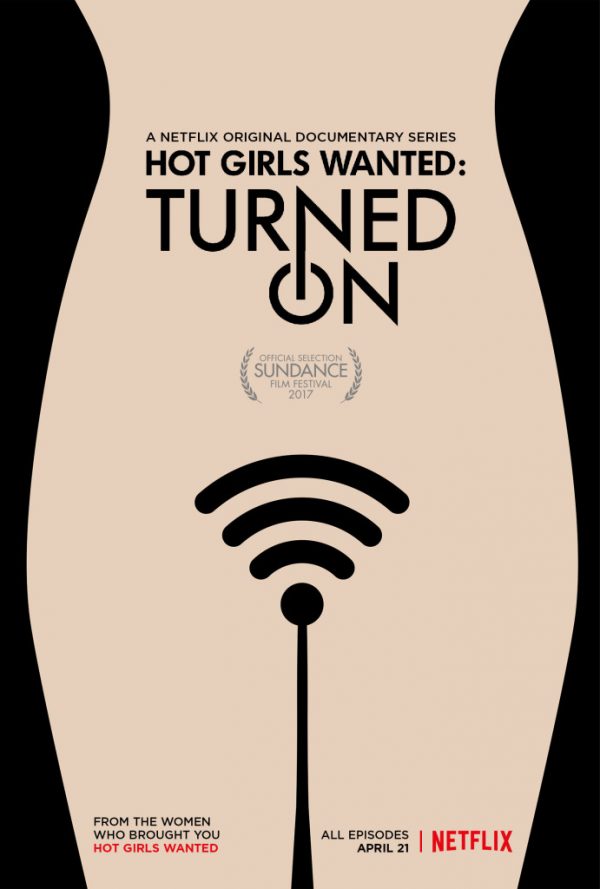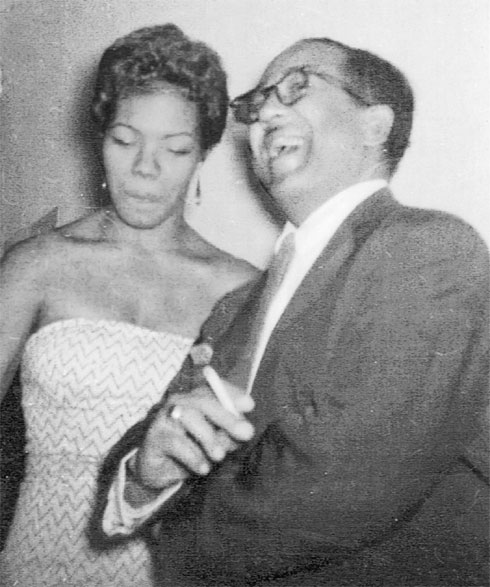On Backpage

At this point in the SESTApocalypse, as I finally emerge from the paralyzing fog of wtf-wtf-wtf around the death of our business model, we’re all sick of thinking and talking about it. We’re sick of wondering how the hell we’re going to manage, sick of watching high-end workers become paranoiac internet security experts, sick of low-end workers being driven back to the streets. We’re sick unto death of the media requests, media requests in our inboxes but no money, media requests just as blithely uncaring about outing us as always, media requests which cheerfully expect a response that night before the news cycle stops giving a shit about hookers. (Oh, but could you connect us to someone even more abjectly fucked than you? Could they talk to us in between dodging assault as they re-acclimate themselves to the shittiest and most dangerous sort of desperate street-based work? How do you feel about your imminent impoverishment, the obsolescence of your only survival mechanism, and your bleak and possibly nonexistent future?) And when we do accept these media requests and bravely strive to make ourselves understood—when they don’t just quote our snarky emails refusing the most ignorant ones without our permission—we’re sick of the coverage that results, always appearing underneath that sickeningly familiar synecdoche for us, those disembodied legs in thigh high boots leaning over a car under a streetlight.
We’re understandably sick of it all as we attempt to keep body and soul together in this new landscape, but I feel I have to write a eulogy for Backpage.
Alas, poor fucking Backpage. I’m not crying any crocodile tears on your grave—your owners can sit and stew in the hundred charges in their indictments and take that instead of true justice for cynically profiting off a criminalized population—but I will lament what you meant for us.
We’ve lived with you under threat for so long, your demise hardly feels real. From innumerable lawsuits to credit card companies cutting ties with you to Senate hearings to your flagrant strikes for free speech, it seems like something has always been promising to put an end to you. But you persisted.
Personally, I was with Backpage from its murky beginnings to the end of the line. I advertised in a print ad in the back of an alternative weekly back in the aughts when Backpage founders Michael Lacey and Jim Larkin’s company, Village Voice Media, owned a large swathe of those weeklies. I paid $200 every two weeks for that ad, $160 for a week if I couldn’t manage to put together that $200. $200 for 100 characters, briefer than a tweet—no pictures. I had to walk into that newspaper office personally to deliver the cash, forget any concerns about outing (oh, yes, kids, and I walked uphill in the snow, both ways).
It was this crude newspaper model, these back pages only a few escorts could advertise on, which would eventually become the much more accessible Backpage. (Larkin in an internal company document, as quoted in the unsealed Backpage indictments: “We have with the Village Voice probably the longest run of adult content advertising in the United States and it is, like it or not, in our DNA.”) In fact, Lacey and Larkin initially used Backpage’s revenue stream to keep those alternative weeklies alive in a newspaper industry that was failing even then, in the late aughts and early tens. Though, as anti-trafficking discourse intensified nationally, Village Voice Media came under new ownership which denied any connection, financial or otherwise, between their high-minded journalism and Backpage’s taint.
(Though now both independent print journalism and online escort advertisement are dying models, so we have something in common again.)



